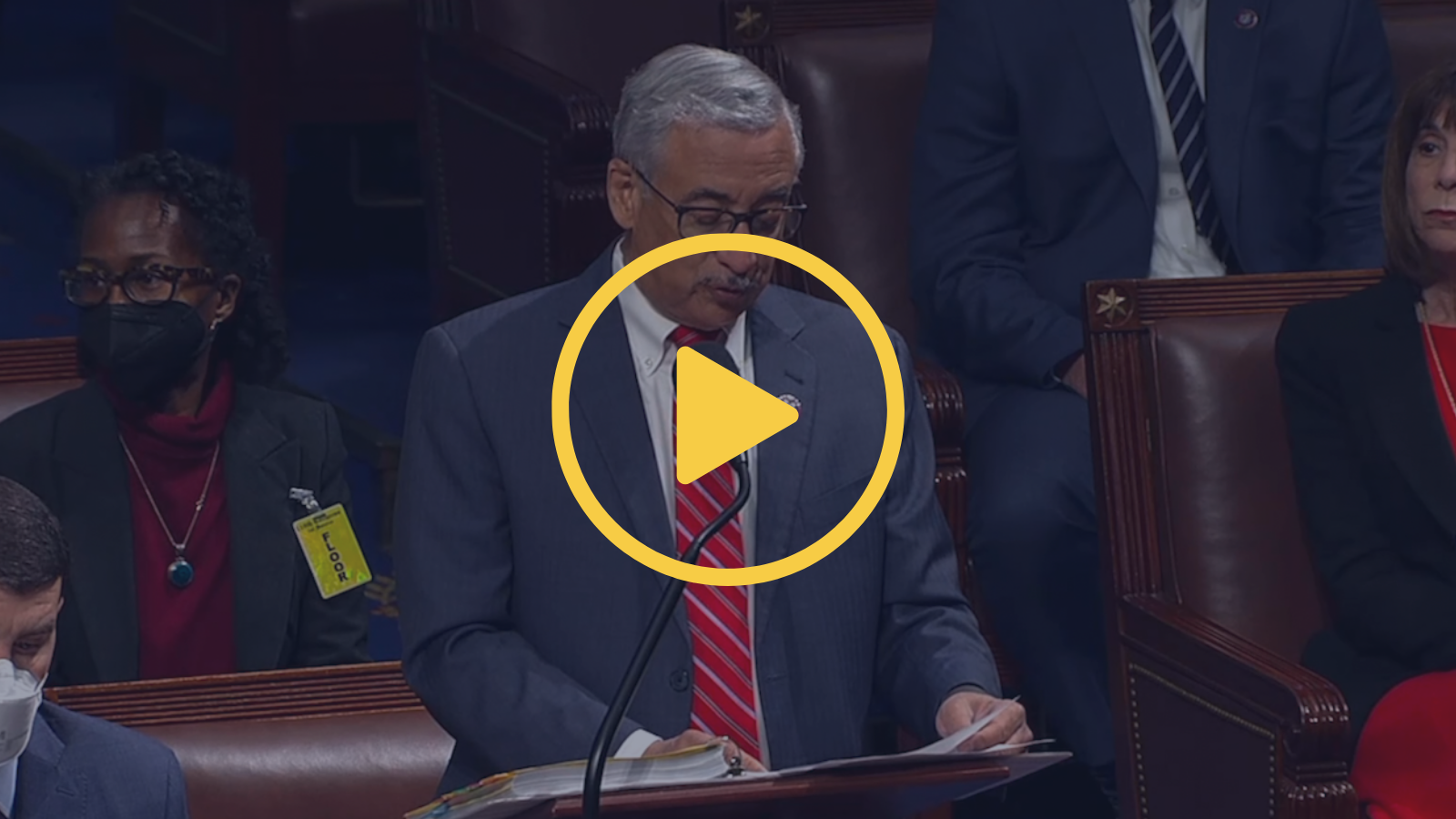Ranking Member Scott Leads Opposition to Extreme GOP Bill that Jeopardizes Global Research Partnerships
“We must take targeted and thoughtful steps to protect our research and development initiatives without jeopardizing our global partnerships that benefit us all.”
WASHINGTON – Today, Ranking Member Robert C. “Bobby Scott” delivered the following remarks during today’s House floor debate on House Republicans’ DETERRENT Act (H.R. 5933).
View Ranking Member Scott’s floor remarks on YouTube.
“Historically, collaborations with global partners—and careful federal investments in research—have enabled our colleges and universities to make bold, forward-thinking strides in health, science, and technology for people around the world.
“Additionally, institutions have collaborated with the U.S. government to enhance our research by attracting and retaining researchers and scholars from across the world.
“These partnerships help drive intellectual and campus diversity, strengthen the inner workings of our economy, and give us an undeniable competitive edge.
“Institutions, however, must be transparent about resources they receive from foreign entities, particularly as the federal government invests nearly $30 billion annually in our higher education research and development efforts. And some colleges and universities, unfortunately, have not complied with all their responsibilities in those disclosures. Regrettably, H.R. 5933 does nothing to meaningfully protect research security at colleges and universities.
“For example, colleges must report any gift from a representative of a “country of concern” no matter the value—even a cup of coffee. The faculty’s information is then shared in a publicly searchable database, regardless of whether the action was nefarious or not.
“This is so excessive and burdensome—to say nothing about the potential discriminatory effect—that it would disincentivize universities from conducting critical research using collaborative partners from around the world.
“It would force them to deviate from established compliance and reporting guidelines under Section 117 of the Higher Education Act.
“Schools are already grappling with recruiting and retaining students and scholars. And, if passed, H.R. 5933 would stall decades of innovative progress and jeopardize global research initiatives.
“Students and faculties are already calling on Congress to improve our higher education system and address discrimination on campus. However, certain provisions in this bill would only exacerbate the ongoing culture wars that have consumed my colleagues in Congress.
“For example, the legislation singles out partnerships with certain countries, targeting researchers based solely on their nationality.
“And as I’ve said before, we can achieve accountability and compliance without contributing to anti-Asian, antisemitic, or Islamophobic animosity.
“I have offered a thoughtful alternative to improve Section 117 compliance and support institutions as they evaluate and implement their research integrity and foreign influence policies. And that alternative will be offered during the amendment process.
“This amendment builds on the CHIPS and Science Act and the Presidential Memorandum on Government-Supported Research and Development National Security Policy guidelines. And specifically, it aligns reporting requirements with those of federal agencies and requires the Secretary of Education to go through negotiated rulemaking to address key implementation aspects of Section 117.
“We must take targeted and thoughtful steps to protect our research and development initiatives without jeopardizing our global partnerships that will benefit us all.”
Read our fact sheet on H.R. 5933 here.
Read letters of opposition to H.R. 5933 here.
###
Press Contact
Democratic Press Office, 202-226-0853
Next Article Previous Article

